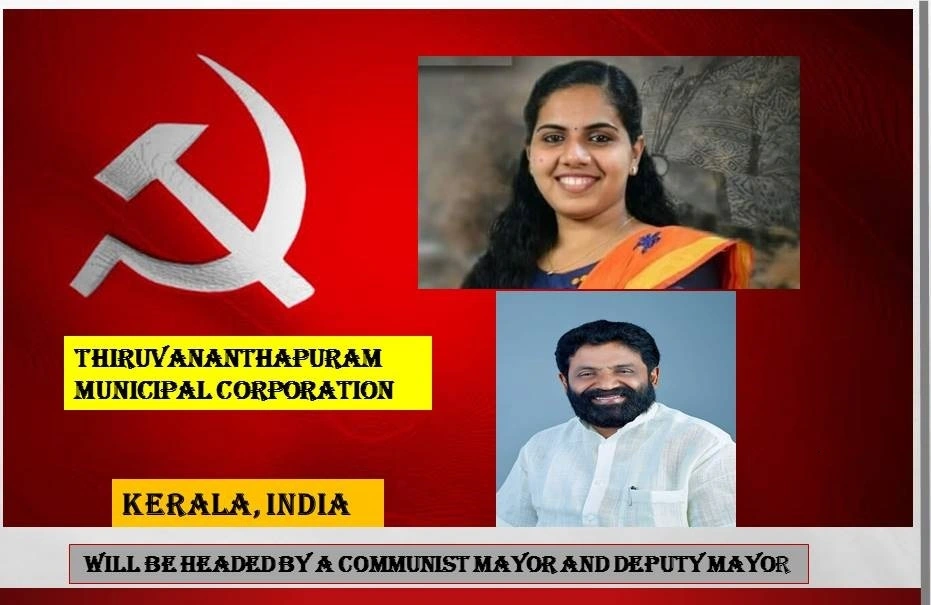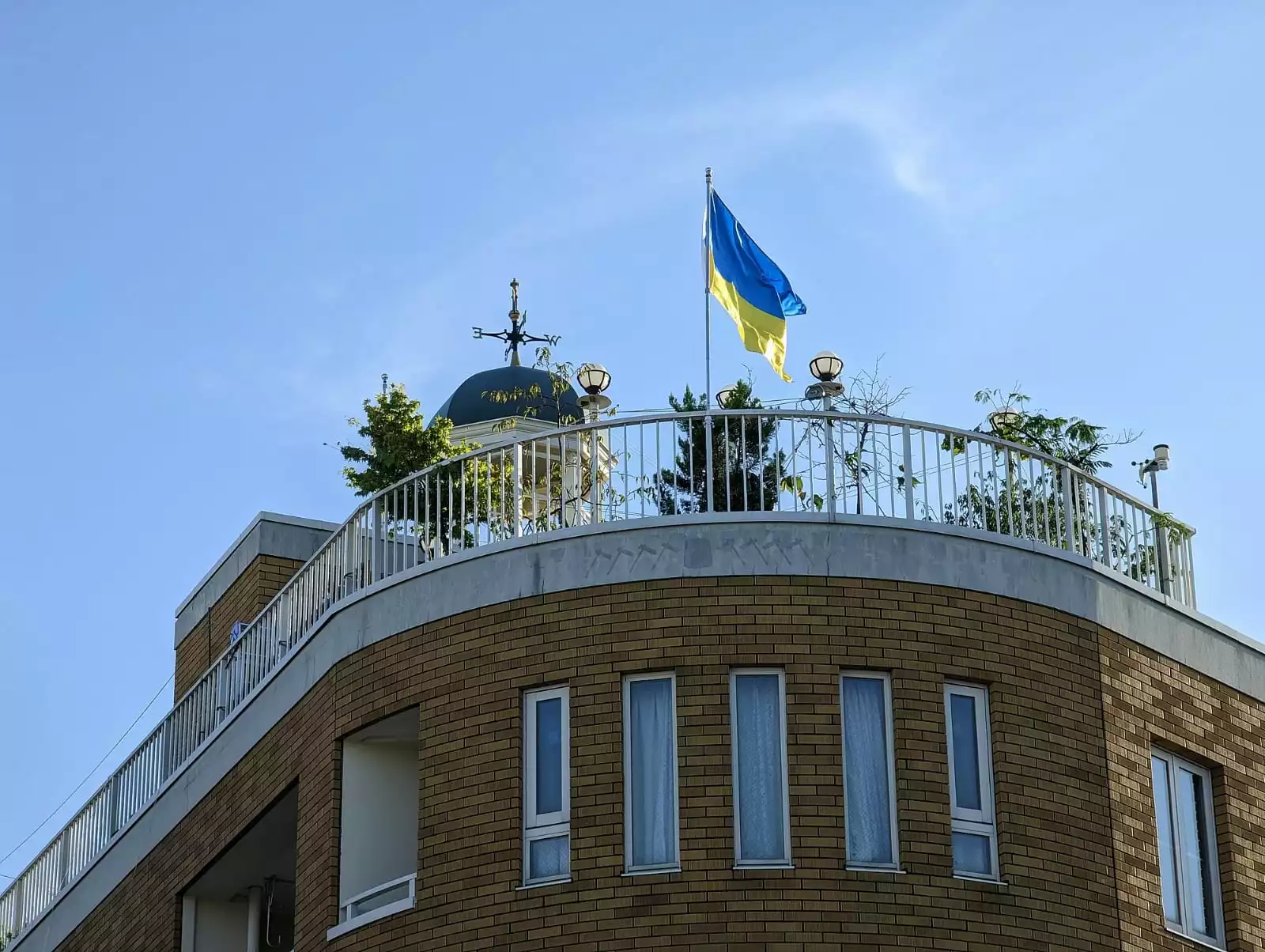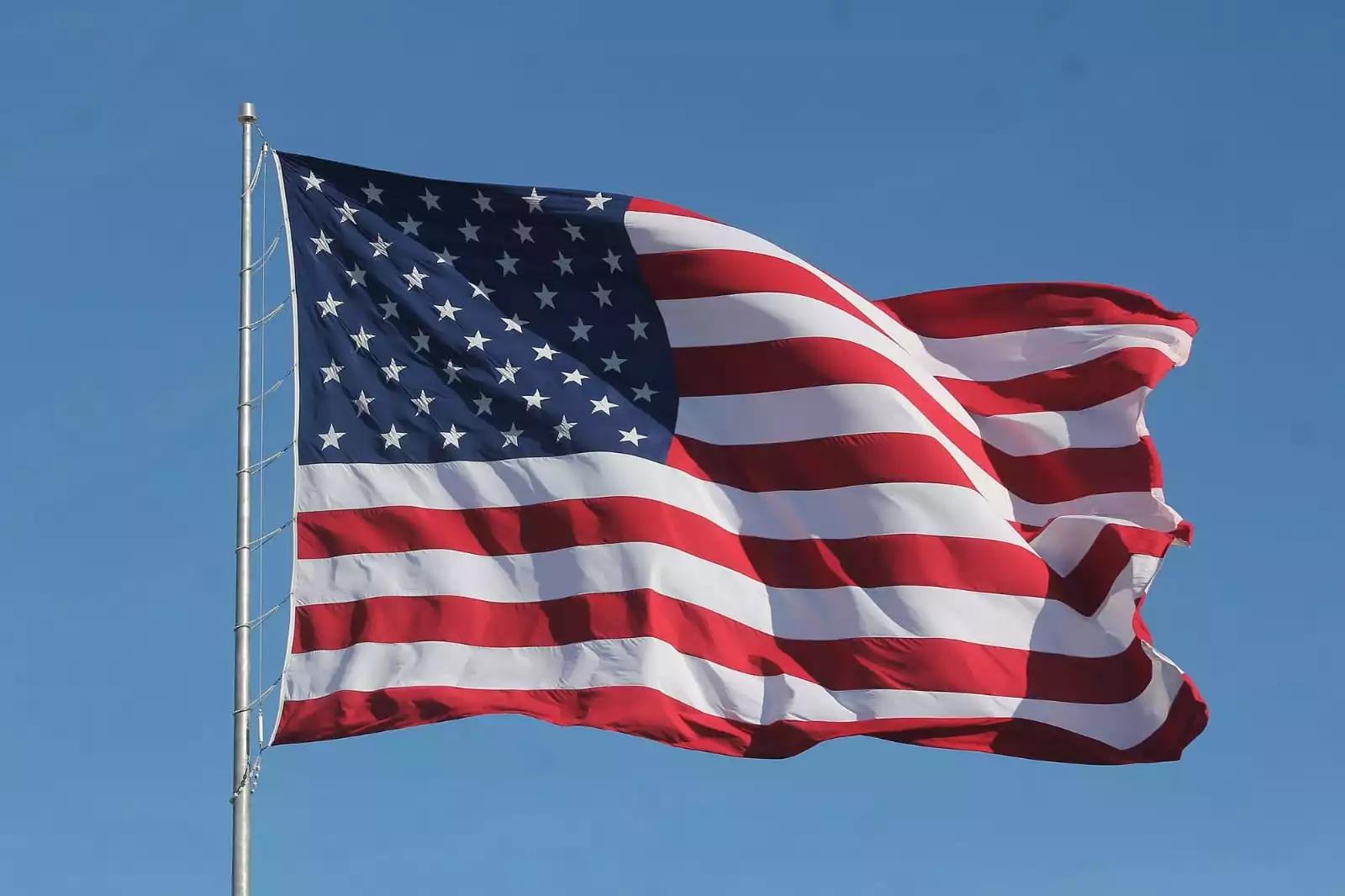Between the months of April and August of last year, I drove my EV and trailer RV to more than 40 locations and 15,000 kilometres in the Xinjiang Uygur Autonomous Region while I documented my experience.
What did I learn during my self-funded journey? As unique and enlightening as it was - how much does my story affect public perception of Xinjiang? Now, imagine attempting to disprove the unfair accusations of forced labor against China. After all, it can be easily discarded as just one man’s perspective by western media, yet I feel compelled to share my enlightenment with you.
For the last 20 years, while nearby countries dealt with the fallout from America's war on terror and poverty, China poured tons of resources into Xinjiang to build up transportation, infrastructure, and production. Successfully pulling a 1-tonne trailer with an electric vehicle through deserts, snowcap mountains, and lush green valleys all the while conducting my daily online coaching business, ought to be a testament to the remarkable development of the region and to the enhancements to the lives of locals.
China's Poverty Alleviation program is, without a doubt, the biggest humanitarian effort in history. The main goals were to connect cities and prefectures with roads, highways, railroads, and the internet, and to bring in investments and businesses to boost income by offering people more ways to make a living in addition to farming and herding.
To enact Poverty Alleviation, people needed to have better job skills, this meant setting up better education and training facilities in convenient locations and introducing these projects to locals residing in rural towns and villages. Due to the vastness of the region and the low population density, students and skilled workers often moved to places where they could get these services and where the jobs were available.
In this situation, the only feasible way to get things done is by using places that provide room and board. Some think tanks, media, and politicians from other countries wrongly labeled many of these educational and production facilities. US-funded NGOs have inaccurately yet persistently portrayed the above China development strategy as evidence of human rights abuses, forced labor, and separation of families. It is crucial to remember that variations of this approach are followed in most countries around the world; people move to find better education and employment opportunities.
Yet it seems that, only when it comes to Xinjiang, does this scheme become unacceptable. They never questioned the same scheme being implemented since the Reform and Opening-up around the now wealthy and highly developed coastal areas of China. Anyone visiting China can attest that using dorms and laborers choosing to relocate is a big part of China's economic success. Come to think of it, were it not for the government bringing one of these programs to my wife’s college in Zhengzhou in the fall of 2008, we would have never met in Guangdong.
Over the last 7 years of creating content related to China, I have learned that explaining China’s side of things is rather ineffective. What has a more powerful effect in changing the perception of a large audience is to rationally and intellectually challenge the product that western scholars, researchers and lawmakers have put before the world in the form of the Uyghur Forced Labor Prevention Act. Knowing from experience that it was an unfair bill, I took it upon me to research it. These are my findings.
The definition of forced labor used in the UFLPA (1) is based on section 307of the Tariff Act of 1930 (2) , which requires the existence of a penalty, or menace of it, for nonperformance of labor.
Disturbingly, a search for the word “proof” in the 3,397-word text of the Uyghur Forced Labor Prevention Act bill yields zero hits, while a search for the word “evidence” yields merely four finds. Surprisingly, all of them relate to the importer’s duty to prove the absence of forced labor in the supply chain of goods mined, produced, or manufactured wholly or in part in Xinjiang.
The bill is based on a self-fulfilling premise that contradicts a basic legal principle: presumption of innocence. The UFLPA was written in response to allegations of forced labor in Xinjiang without the need for presenting evidence of the existence of a penalty for non-performance, as mandated by the definition. In addition, and in direct contravention to due process, the UFLPA automatically presumes that the importation of said goods are in violation of 19 U.S.C. §1307.

At the crux of the matter is the purposeful misconstruing of the CPC’s Poverty Alleviation efforts as forced labor. In 2023, researcher Adrian Zenz successfully lobbied ILO leaders
(3) to push for the redefining of the forced labor guidelines of 2001 and 2012 (4) to
include labor transfers, resulting in the updated 2024 Handbook.


The updated handbook includes the following indicator framework for coercive recruitment in the context of state-imposed forced labor for economic development:
“Other violations involve large-scale labor transfer schemes, where workers belonging to certain ethnic or religious minority groups must—under menace of penalty—relocate to another geographical area to work in a State or private enterprise, sometimes under guise of vocational training or regional economic development.” ILO Handbook, 2024, p.1
Unfortunately for Zenz et al, this updated definition presents several issues for those accusing China of forced labor in Xinjiang since, under poverty alleviation schemes, not only do labor transfers in Xinjiang also target impoverished Han Chinese, but they also occur through satellite factories in rural villages which do not involve geographic relocation, and often involve sectoral transfer—from farming or herding to wage labor in the industrial sector, the service sector, or wage labor within agricultural processing or seasonal harvesting. None of these poverty alleviation measures qualify as ILO violations under the update definition.
The insurmountable legal hurdle for these researchers remains the inability to provide evidence of transfers taking place under menace of penalty - even worse, in a systemic manner. This failure to prove malfeasance by Poverty Alleviation cadres relegates them to the realm of unsubstantiated accusations and language games.
Case in point, the conclusion of Adrian Zenz’s paper published for NewLines Institute for Strategy and Policy of December 2020 titled Labor Transfer and the Mobilization of Ethnic Minorities to Pick Cotton which reads: “… it is impossible to define where coercion ends and where local consent may begin.” (5) Or the October 29 2021 CBC News interview where he cleverly qualified the Xinjiang's tomato industry as exhibiting "risk of forced labour"(6)
A quick note on Adrian Zenz, I cannot comprehend how the Western media and politicians have built their anti-China narrative about Xinjiang based on a researcher who can be so easily labeled a propagandist and a liar. In an interview with NZZ, Zenz said: “The German social scientist hardly believes that the legal definition of genocide has been met. Nevertheless, he believes it is correct to use the term.” In the same interview, NZZ recalls a 2019 interview where Zenz said: “For example, their (the Uyghur) children are not allowed to speak Uighur in schools.” (7) Anyone visiting a school in Xinjiang can see this is not true.
Falsus in uno, falsus in omnibus. At common law, the legal principle is that a witness who testifies falsely about a matter is not credible to testify about any matter.
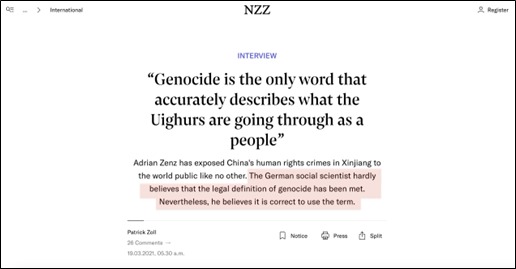
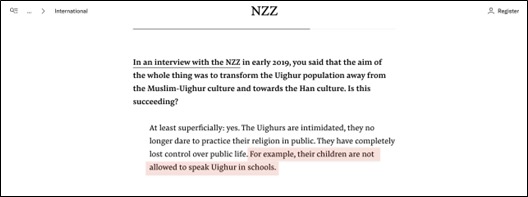
Western media does not shy away from this fraudulent practice of forcing narratives beyond logic, either. In 2021, at the height of Covid in Xinjiang, Bloomberg QuickTakes reporter Colum Murphy traveled to the region to report on the polysilicon industry. (8) On a clip shot in the dark, apparently using his phone for added drama, he can be seen saying: “… In the end, we didn’t make it into any of the polysilicon factories to see the facilities inside. We did not get to meet any of the executives.” To correct for his pandemic-induced misfortune, Colum conducts an online interview with Jenny Chase, Head of Solar analysis for BloombergNEF, who says on the record: “There is little evidence that forced labor is involved in the polysilicon industry in Xinjiang.” Neither Ms Chase’s professional assessment nor Colum's confessed lack of information prevent Bloomberg from closing their hit piece by saying: “Embrace the green future, and you’re possibly purchasing the products of forced labor.”
The same can be said of NGO’s and entities who succumb to their inability to compete and resort to smearing industries in hopes that new entities will be added the list of sanctioned companies. Take BCI Cotton, once Marc Lewkowitz became the chair of BCInitiative in 2019 (9) , while he was still the CEO of one of the main competitors to the high quality long-stem cotton produced in Xinjiang, SUPIMA Cotton (10), he proceeded to suspend BCI China activities on March 30 2020 on concerns over labor abuses. (11) This was allowed to happen even though, since 2012, the Xinjiang project site had performed second-party credibility audits and third-party verifications over the years, and had never found a single case related to incidents of forced labor? (12)
In February this year, Volkswagen faced similar dismissal of clean human rights and labor audits (13) and incurred costly hold ups of some of their luxury brands at US ports
(14) while around the same date, BASF announced the sale of its stakes in two joint ventures in Xinjiang (15), caving to pressure from documents released by Human Rights Watch earlier that month (16), despite its own audits having found no evidence of human rights violations (17) . The accusation presented by HRW revolves around employees having participated in government-backed labor transfer programs, though HRW does not provide evidence of coercion as required by ILO definition of labor transfers.
Will foreign companies operating in Xinjiang continue to “die at the cross” when any individual who has “reason to believe that any class of merchandise that is being, or is likely to be, imported into the United States” is being produced by forced labor may communicate that belief to the Forced Labor Enforcement Task Force in America. This mere belief is enough for the U.S. Customs and Border Protection (CBP) to issue an order to withhold release of such goods (WRO) until an investigation is completed, according to UFLPA.
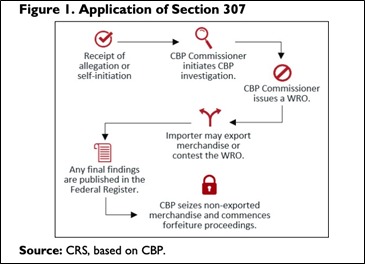
As documented by the UN Special Rapporteur, Ms Alena Douhan, on her recent visit to Xinjiang to study the legality of US sanctions on the region, a targeted entities has reportedly submitted more than 10,000 pages of documents with data concerning its personnel to challenge the allegations of forced labour as a formal “rebuttal of presumption”, their documentation was deemed insufficient. (18)
These threatened companies are fully aware, as per their own audits, that the accusations from these NGOs lack evidence, nonetheless, they are forced to reassess their strategy in Xinjiang given that the UFLPA framework does away with the presumption of innocence. The US has effectively become both accuser and judge in its quest to ostracize Xinjiang from the global economy. Unable to prove the systemic implementation of ILO violations, US elected officials, through the UFLPA, have abandoned the lessons from the Salem Trials and once again request evidence of innocence instead of providing evidence of guilt. Who knew this is what they meant by rules-based order.
Editor's Note:
The views and informations expressed in the article are solely those of the author and may or may not reflect the views of The International. We believe in providing a platform for a range of viewpoints from the left.
"The International" belongs to you.✕
Please take a moment to read this. We apologize for any interruption, we want you to know "The International" seeks your valued support at this time. We've proudly served as a pioneering online platform, delivering ad-free media content. With only 2% of our readers opting for a subscription, any contribution you choose holds immense significance—whether it's an annual fee of $25 or a monthly payment of $2.5. — The "The International" Team, committed to providing you with enlightening perspectives. We want to highlight that this sum is even less than what you'd spend on a cup of coffee, yet it greatly aids in sustaining our efforts to perpetuate and enhance your esteemed initiative.

